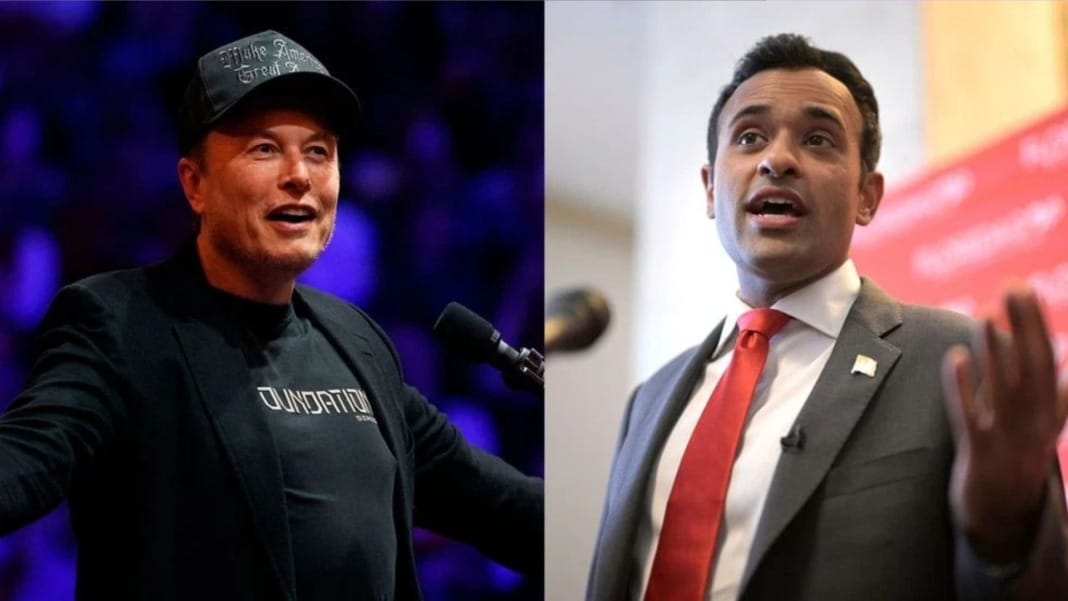Elon Musk and Vivek Ramaswamy have become pivotal co-leads of the newly formed “Department of Government Efficiency” (DOGE), part of President-elect Donald Trump’s administration. Their mission? To streamline federal operations by cutting unnecessary agencies and trimming regulations, they view them as excessive and undemocratic.
On November 20, the pair detailed their vision in The Wall Street Journal, committing to serve as unpaid advisors working to scale back federal bureaucracy. They’ve pledged to focus on significant reductions in government spending, asserting that their efforts will foster greater efficiency while respecting constitutional boundaries.
Slimming down federal agencies
Musk and Ramaswamy argue that many federal regulations are not laws enacted by Congress but rules issued by unelected officials. They describe these as burdensome and argue for executive actions to counter them. The duo plans to work with the White House Office of Management and Budget, alongside legal and technological experts, to assess which regulations exceed their lawful authority.
Relying on recent Supreme Court rulings, including West Virginia v. Environmental Protection Agency and Loper Bright v. Raimondo, they believe many current federal regulations go beyond the powers granted by Congress. Their approach includes compiling a list of rules that President Trump can suspend or revoke via executive action. According to their article, this process could free individuals and businesses from unnecessary restrictions and spur economic growth.
They aim to identify the “minimum staffing levels” necessary for agencies to perform their essential functions. This process will lead to mass staff reductions across federal departments, including those tasked with enforcing environmental and healthcare standards.
Proposed changes to federal workforce policies
One recommendation involves reinstating traditional workplace norms for federal employees, such as requiring a full-time return to office work. Musk and Ramaswamy argue this could prompt voluntary resignations, which they welcome. “If federal employees don’t want to show up, American taxpayers shouldn’t pay them for the Covid-era privilege of staying home,” they wrote.
Their stance reflects a broader push to reshape federal employment and reduce workforce expenses.
Potential cuts and financial savings
The two leaders have also pointed out specific spending areas they believe are unnecessary. For instance, the Corporation for Public Broadcasting’s US$535 million annual budget is one target, as are grants to international organisations totalling US$1.5 billion. Progressive groups, such as Planned Parenthood, which receive nearly US$300 million in federal funding, are also on the list.
They estimate that cutting back on these expenditures and reducing the federal workforce will save billions of dollars. Musk and Ramaswamy envision achieving their goals by 2026, marking July 4 as the intended date to “eliminate the need” for DOGE.
Their approach has sparked significant debate, with critics warning that such sweeping measures could undermine essential government functions. Supporters, however, see this as an opportunity to rein in overreach and make government more accountable.





